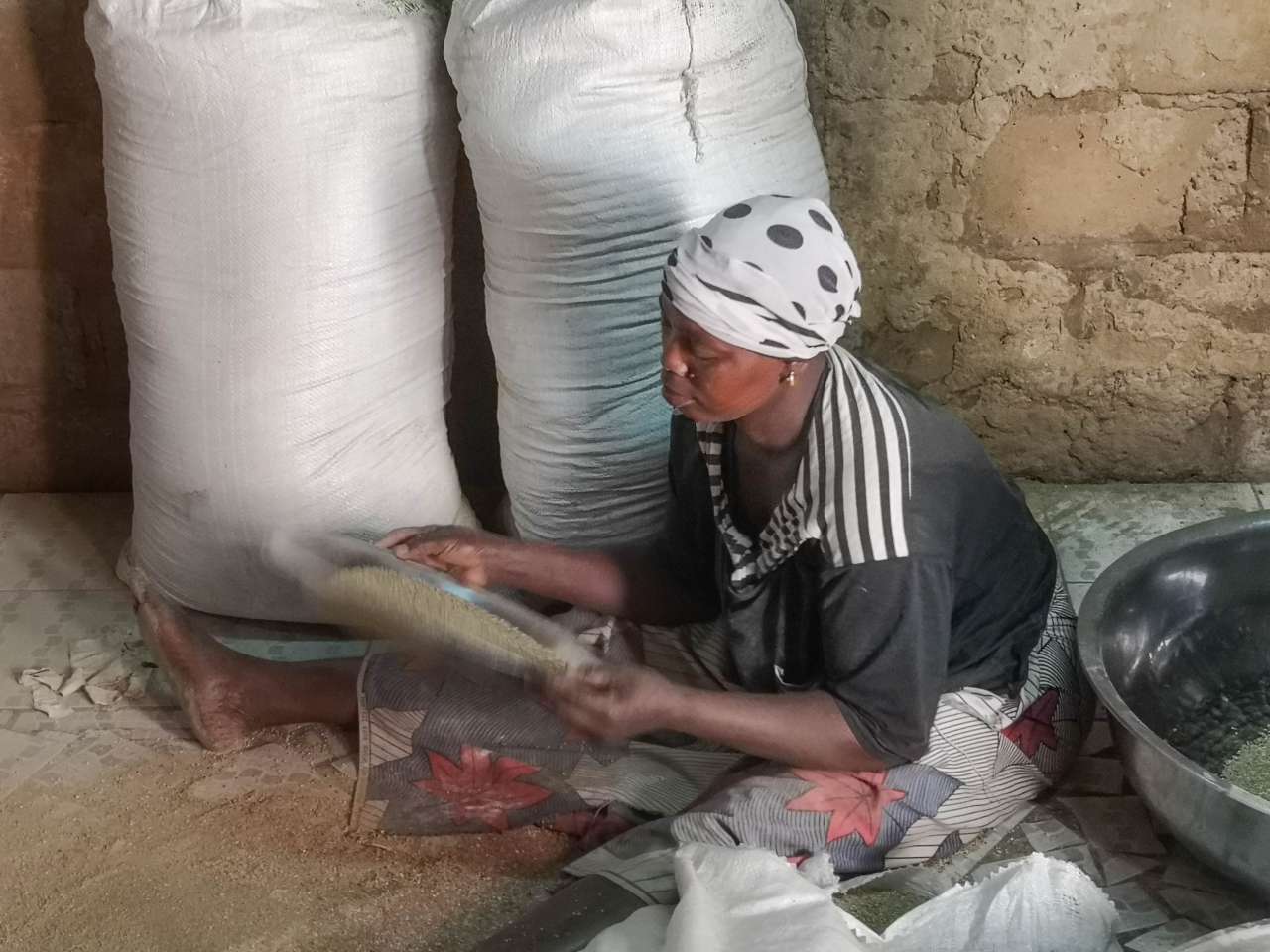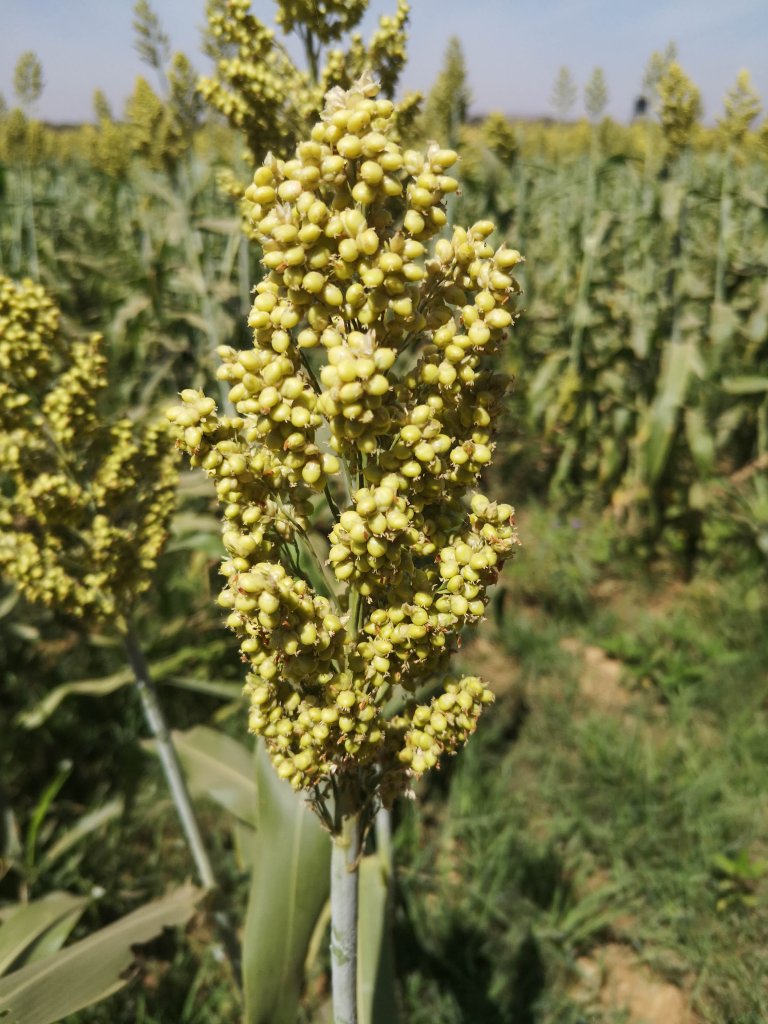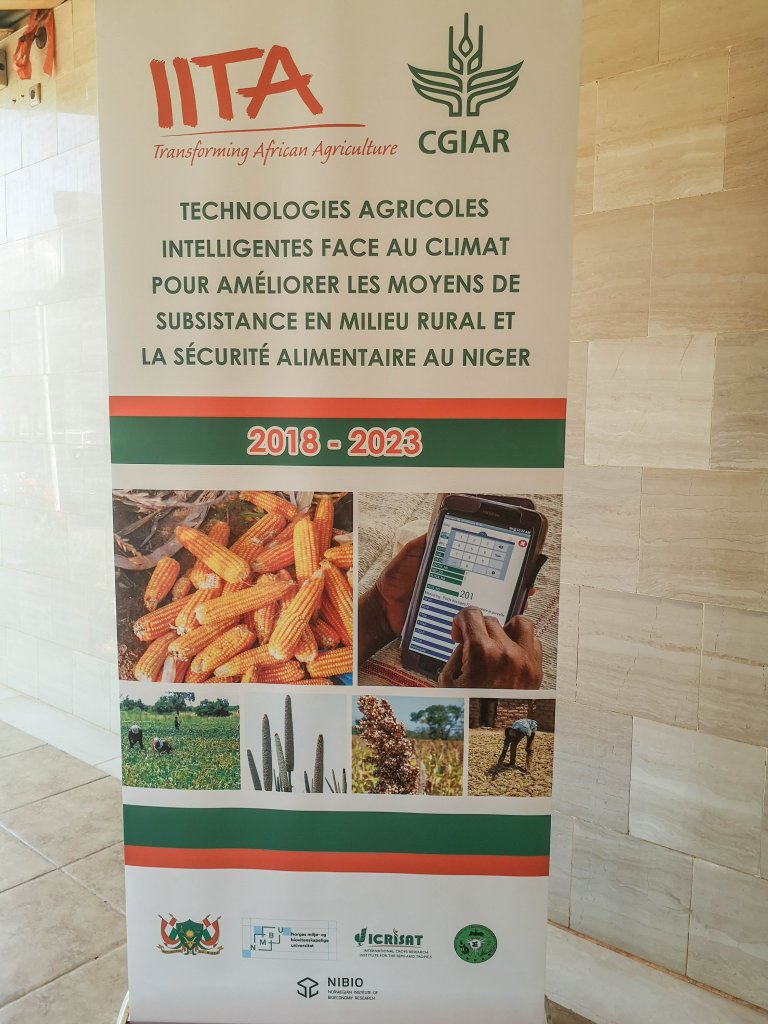Climate Smart Agricultural Technologies for improved Rural Livelihoods and Food Security in Mali and Niger

End: dec 2020
Start: jan 2019
The objective of the proposed work is to reduce poverty and food insecurity in Mali and Niger. Measures will be taken to protect natural resources and increase farmer incomes by enhancing agricultural productivity, strengthening market linkages, and facilitating new agribusinesses particularly those led by women and youth. The project will provide farmers with options to help increase their resilience and adaptation to the effects of climate change. Overall project activities are expected to lead to more than 20% increase in crop yields and 15% increase in household crop income.


| Start - end date | 01.01.2019 - 31.12.2020 |
| Project manager at Nibio | Karl Thunes |
| Partners | IITA-Nigeria (lead), NMBU-Norway, ICRISAT-Mali & Niger, IER-Mali, INRAN-Niger, NIBIO, Norway |
| Funding source | MFA Bamako |
Mali and Niger are two of the poorest and most food insecure countries in the world and this is accompanied by significant degradation of natural resources, including soils. The agriculture is characterized by low productivity, low soil fertility, little use of mechanization and inputs (e.g. fertilizer), limited processing, high pre- and post-harvest losses and weak input and output markets. The main crops grown include maize, millet, sorghum, rice, cowpea, groundnuts, cotton, vegetables and tree crops such as mangoes and cashew.
The existing challenges to agricultural production are likely to be exacerbated by climate change. Mali and Niger are Sahelian countries, prone to intense droughts but also floods and models predict a strong likelihood of increasingly erratic rainfall patterns and higher temperatures. The economy, environment, and ongoing conflict have contributed to both seasonal migration and emigration including migration to Europe. Conflict has also led to a significant number of internally displaced persons.
Investment in Research and Development (R&D) is low, and poor crop yields and livestock performance result in part from low access to and adoption of improved varieties/breeds, and low awareness of improved agronomic practices (e.g. pest and disease control).
Previous and current research investments include those through the West African Agriculture Productivity Program (WAAPP) and projects led by both IITA and ICRISAT focused on the development and adoption of new varieties as well as improved seed systems. IER has also been heavily involved in variety development as well as the introduction of mechanization and other interventions. However, the adoption of these innovations remains low and agriculture is still subject to numerous constraints as described above.
Interventions will have two broad components: scaling out of proven, ready-to-go climate smart technologies and research to develop new innovations across the value chain. Work will be led by IITA in partnership with IER, ICRISAT, NIBIO, NMBU-Noragric, extension services, seed companies, farmers’ organizations and NGOs.
Innovative methods to control the important invasive pest fall armyworm will be deployed, in part by making use of new ICT tools and the VIPS modelling tool for real time prognosis and forecasting of major pests and diseases. This component will also build on the existence of climate smart villages particularly by introducing new approaches to IPM in vegetable production and reducing pesticide use and residues in these crops.

